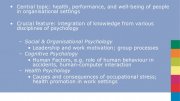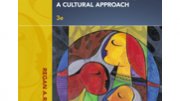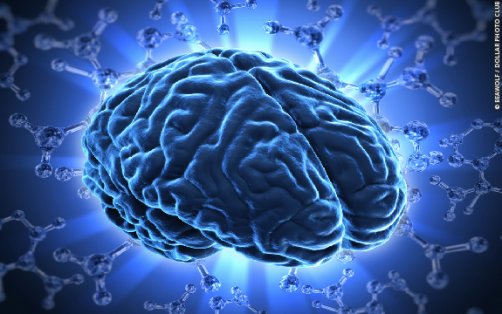
Psychology — the scientific study of human behavior and mental processes — attempts to uncover why and how we do what we do. Different theories of psychology govern how different psychologists approach research into human behavior.
Each of the following grand theories provides an overarching framework within which most psychological research is conducted. Each of these theories has a different point of emphasis when approaching the core psychological questions of why, how, and what. A lot of research and theory is based on one or more of these grand theories:
- Biological: Focuses on the biological underpinnings of behavior and the effects of evolution and genetics. The premise is that behavior and mental processes can be explained by understanding human physiology and anatomy. Biological psychologists focus mostly on the brain and the nervous system.
- Psychoanalytic: Emphasizes the importance of unconscious mental processes and early child-development issues as they relate to childish impulses, childish wishes, immature desires, and the demands of reality.
- Behaviorism: Emphasizes the role of previous learning experiences in shaping behavior. Behaviorists don't traditionally focus on mental processes because they believe that mental processes are too difficult to observe and measure objectively. Behaviorism is involved in the ongoing controversy of the influence of television and videogame violence on children.
- Cognitive: Focuses on the mental processing of information, including the specific functions of reasoning, problem solving, and memory. Cognitive psychologists are interested in the mental plans and thoughts that guide and cause behavior.
- Humanistic and existential: Emphasize the uniqueness of each individual person and our ability and responsibility to make choices in our lives. Humanists believe that a person's free choice, free will, and understanding of the meaning of events in his or her life are the most important things to study.
- Sociocultural: Focuses on the social and cultural factors that affect our behavior. The tattoo phenomenon of the 1990s is a good example of the power of sociocultural events: Before the 1990s, people who got inked were seen as acting outside of the status quo. Nowadays, tattoos are widely accepted.
- Feminism: Focuses on the political, economic, and social rights of women and how these forces influence both men's and women's behavior. The feminist perspective originated in the women's movement of the 1960s.
Source: www.dummies.com

|
4 Words - Guess the Word Association Mobile Application (MochiBits)
|
You might also like:


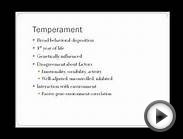
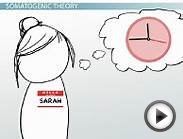

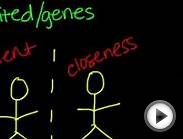

|
Word to Word - A fun and addictive free word association game Mobile Application (MochiBits)
|



